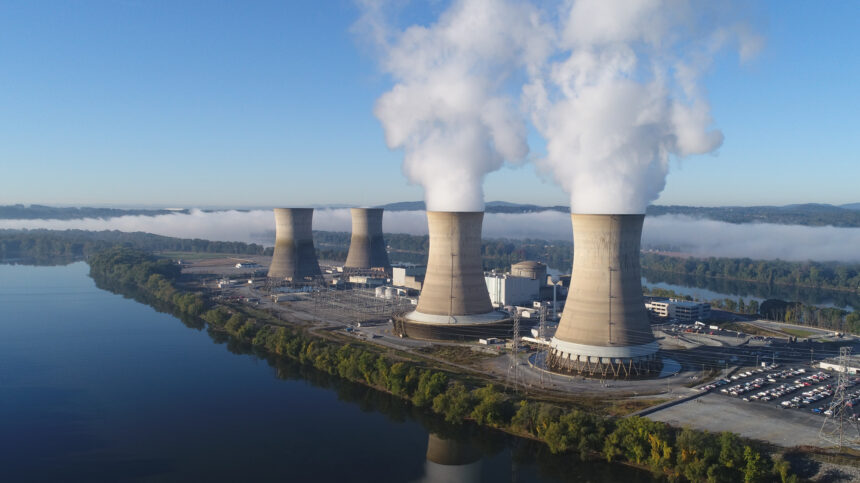The Three Mile Island nuclear plant — infamous for its 1979 partial meltdown — is set to make a return under a new agreement between Microsoft and Constellation Energy. The deal involves re-opening the plant to provide power for AI data centers, marking a significant shift in the use of nuclear energy to meet the increasing energy demands of modern technology. This agreement is part of a broader push by tech companies to secure reliable, carbon-free energy sources to fuel the growing power needs of data centers, especially those running AI models and cloud services.
What’s Happening & Why This Matters
A New Era for Three Mile Island
The agreement between Microsoft and Constellation Energy will see the re-opening of Unit 1 at Pennsylvania’s Three Mile Island plant, which was shut down in 2019 due to economic challenges. If approved, the plant will be renamed the Crane Clean Energy Center and will generate approximately 835 megawatts of power—enough to supply energy to around 800,000 homes. Microsoft has committed to purchasing all of the plant’s power generation for at least 20 years, starting in 2028.
Though the electricity produced won’t go directly to Microsoft’s data centers, it will be fed into the local grid, supporting Microsoft’s mission to power its AI and cloud operations with sustainable energy. This is part of a broader industry trend where tech companies seek out clean energy sources to meet the growing demand for data center power.
Constellation plans to spend $1.6 billion to revitalize the plant, including upgrading its turbines and cooling systems. The project will benefit from tax credits and federal subsidies provided under the Inflation Reduction Act, which aims to boost clean energy initiatives. Microsoft’s move aligns with its goal to become carbon negative by 2030, a commitment the company has made to address the climate impact of its operations.
Nuclear Power for AI and Cloud Computing
Nuclear power is making a comeback as a reliable source of carbon-free energy, particularly as the tech industry faces skyrocketing energy demands. Data centers, the backbone of everything from cloud services to AI models, consumed an estimated 350 terawatt-hours (TWh) of energy in 2024, up from 100 TWh in 2012. With the rise of generative AI, these numbers are expected to grow even more, with AI-specific energy use projected to reach up to 134 TWh by 2027.

Joseph Dominguez, CEO of Constellation Energy, highlighted the strategic importance of this deal, stating, “The energy industry cannot be the reason China or Russia beats us in AI.” According to Dominguez, the re-opening of Three Mile Island will produce as much clean energy as all the renewable energy projects built in Pennsylvania over the past 30 years, underscoring the value of nuclear power in meeting energy demands.
While nuclear energy has historically been associated with safety concerns and waste management challenges, it remains one of the most reliable and efficient sources of clean energy. The revival of Three Mile Island could signal a new era for nuclear power, particularly as more industries seek sustainable solutions to power their operations.
Impacts and Outlook
This deal is not an isolated move. Earlier in the year, Amazon also invested in a data center powered by a nuclear plant in Pennsylvania. The shift towards nuclear energy reflects the tech industry’s increasing demand for stable, clean energy sources. With AI models becoming more complex and requiring vast amounts of computational power, securing reliable energy is crucial for tech giants like Microsoft, Amazon, and others.
The collaboration between Constellation and Microsoft is expected to have far-reaching implications, not just for AI data centers but for the broader conversation around the future of nuclear energy. As industries push towards decarbonization, nuclear plants like Three Mile Island may play a key role in balancing the energy grid while reducing carbon emissions.
TF Summary: What’s Next?
The re-opening of the Three Mile Island nuclear plant is a defining act in the nuclear energy-high tech integration playbook. As energy demands increase, particularly for AI and data centers, TF anticipates partnerships like Microsoft and Constellation’s will become commonplace. This project can pave the way for further nuclear power investments that provide a sustainable, reliable energy source for the data-driven future.


